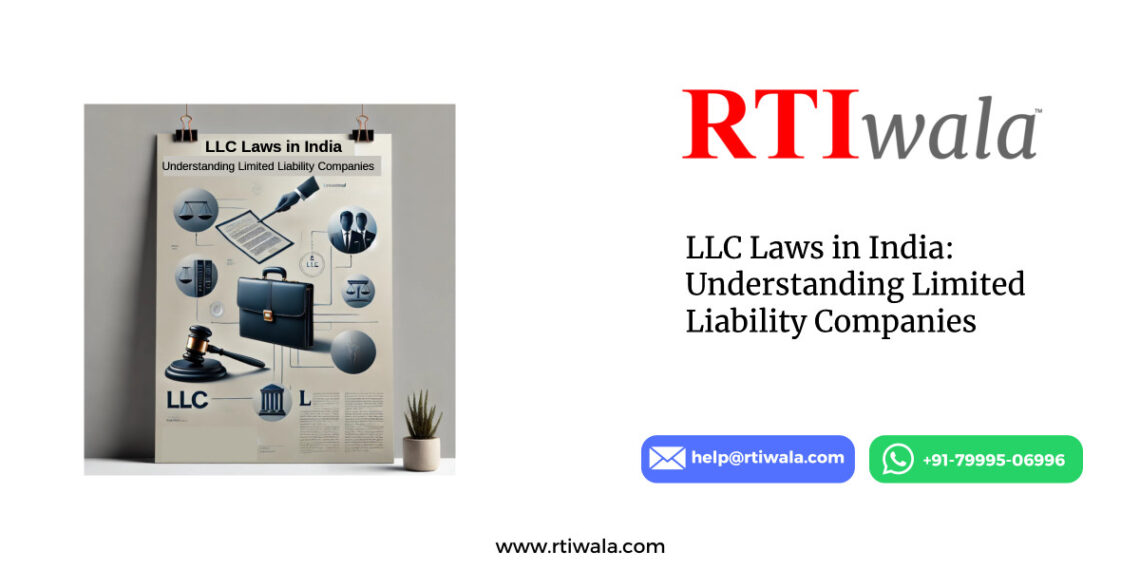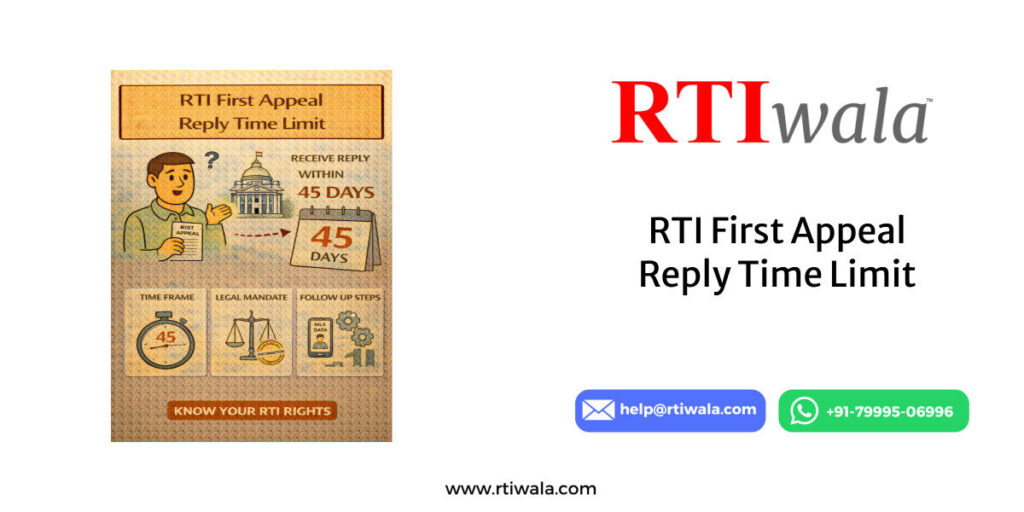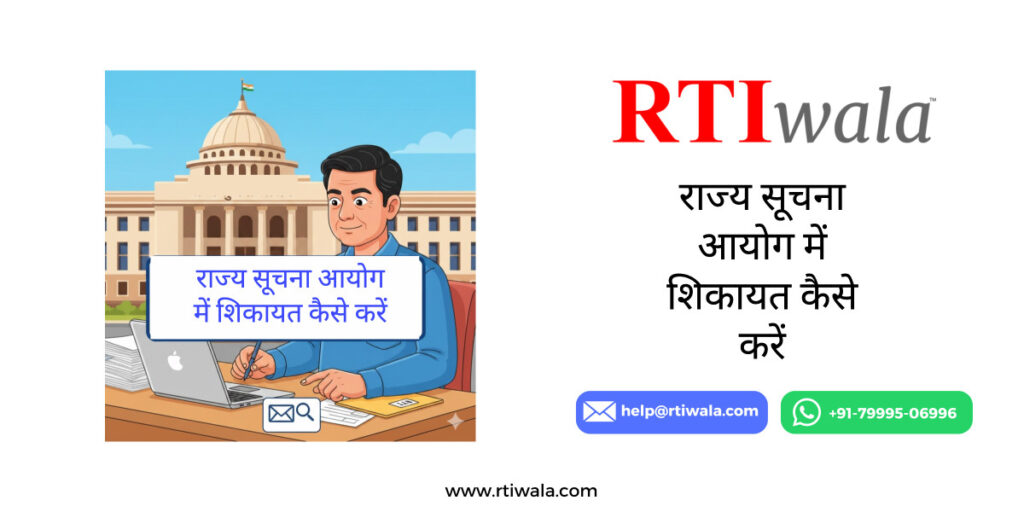Introduction
A Limited Liability Company (LLC) is a popular business structure offering flexibility and limited liability protection to its owners. While LLC is a term commonly used in jurisdictions like the United States, in India, the closest equivalent is the Limited Liability Partnership (LLP) and Private Limited Company (PLC). This article delves into the legal framework governing LLC-like structures in India, their benefits, and the steps to establish one.
Understanding Limited Liability in India
What Is Limited Liability?
Limited liability implies that the personal assets of the owners (partners or shareholders) are protected from business debts and liabilities. In case of losses or insolvency, their liability is limited to their investment in the business.
LLC Equivalents in India
In India, the concept of LLC is covered under:
- Limited Liability Partnership (LLP)
- Governed by the Limited Liability Partnership Act, 2008.
- Combines the flexibility of a partnership with limited liability benefits.
- Private Limited Company (PLC)
- Governed by the Companies Act, 2013.
- A separate legal entity offering limited liability to its shareholders.
Key Features of LLC-Like Entities in India
Limited Liability Partnership (LLP)
- Separate Legal Entity: The LLP is distinct from its partners.
- Flexibility: Combines elements of partnership and company structures.
- No Minimum Capital Requirement: LLP can be formed without a minimum capital limit.
- Ownership Transferability: Transfer of ownership is restricted, maintaining stability.
- Tax Benefits: LLPs enjoy a simpler tax structure compared to companies.
Private Limited Company (PLC)
- Limited Liability Protection: Shareholders are liable only to the extent of their shareholding.
- Separate Legal Entity: PLCs exist independently of their owners.
- Minimum Requirements:
- At least two directors and two shareholders.
- A minimum paid-up capital of ₹1 lakh (as per Companies Act, 2013).
- Ease of Fundraising: PLCs can attract investors by offering shares.
- Compliance Obligations: Higher compliance requirements compared to LLPs.
Laws Governing LLC-Like Structures in India
- Limited Liability Partnership Act, 2008
- Governs the formation, operation, and dissolution of LLPs.
- Ensures compliance with reporting and operational standards.
- Companies Act, 2013
- Regulates the incorporation, management, and governance of Private Limited Companies.
- Imposes strict compliance requirements to maintain transparency.
- Income Tax Act, 1961
- Defines tax obligations for LLPs and PLCs.
- LLPs are taxed as partnership firms, while PLCs face corporate tax.
Benefits of LLC-Like Structures in India
- Limited Liability Protection
- Safeguards personal assets of owners from business debts.
- Separate Legal Entity
- Ensures the business can own property, enter contracts, and sue or be sued independently.
- Flexible Management
- LLPs allow flexibility in management with less compliance.
- Tax Advantages
- LLPs often enjoy lower tax rates compared to corporations.
- Attracting Investors
- PLCs are well-suited for startups seeking venture capital or angel investors.
How to Establish an LLC-Like Entity in India
Steps to Register an LLP
- Obtain Digital Signature Certificates (DSC): Required for all designated partners.
- Apply for a Designated Partner Identification Number (DPIN): Unique identification for each partner.
- Name Reservation: File Form RUN-LLP to reserve the LLP name.
- Draft an LLP Agreement: Outline roles, responsibilities, and operational terms.
- File Incorporation Documents: Submit Form FiLLiP along with required documents.
Steps to Register a Private Limited Company
- Obtain Digital Signatures: For all directors.
- Director Identification Number (DIN): Apply for DIN for the directors.
- Reserve Name: Use RUN service on the MCA portal to reserve the company name.
- File Incorporation Forms: Submit SPICe+ (Simplified Proforma for Incorporating Company Electronically).
- Certificate of Incorporation: Receive the incorporation certificate from the Registrar of Companies (RoC).
Challenges in LLC-Like Structures
- Compliance Costs
- Regular filings and audits can be costly for PLCs.
- Limited Ownership Flexibility
- LLP ownership transfer is restricted, unlike PLCs.
- Taxation Differences
- LLPs face higher tax rates than partnership firms in certain cases.
- Legal Disputes
- Disputes among partners or directors can disrupt operations.
Role of RTI in LLC-Related Queries
The Right to Information (RTI) Act can be instrumental in resolving challenges or obtaining clarity about LLC-like structures in India:
- Incorporation Status
- Use RTI to inquire about the status of LLP or PLC registration.
- Compliance Verification
- Seek details about compliance requirements and penalties.
- Government Schemes
- File RTI to learn about government incentives for startups and MSMEs.
- Legal Clarifications
- Request information on updates to LLP or company laws.
How RTIwala Can Help
If you encounter challenges related to LLC-like structures in India, RTIwala offers reliable support:
- File RTI Online: Obtain information on company laws, compliance, or incentives.
- Anonymous RTI: Protect your identity while raising sensitive business concerns.
- Custom Drafting: Get professionally drafted RTI applications for business-related queries.
- Follow-Up Support: Ensure timely responses from government authorities.
RTIwala Service Promotion
Simplify your business setup and compliance with RTIwala trusted services:
- Expert Consultation: Get advice on business structures and laws.
- Online RTI: File RTI to clarify doubts about LLC-like entities.
- Anonymous RTI: Maintain privacy while addressing concerns.
- Custom Drafting: Tailored RTI applications for impactful outcomes.
- Products: Explore RTIwala solutions for business and legal queries.






















































